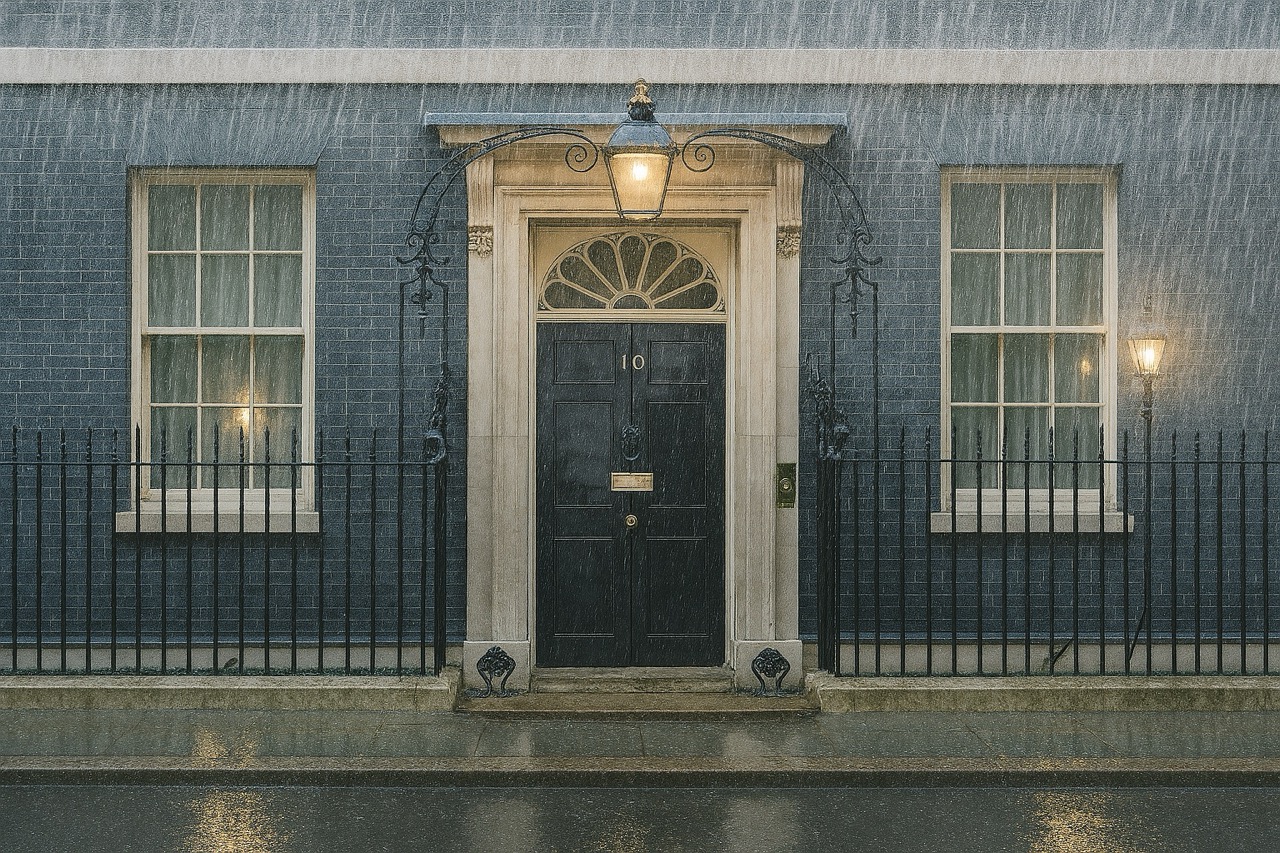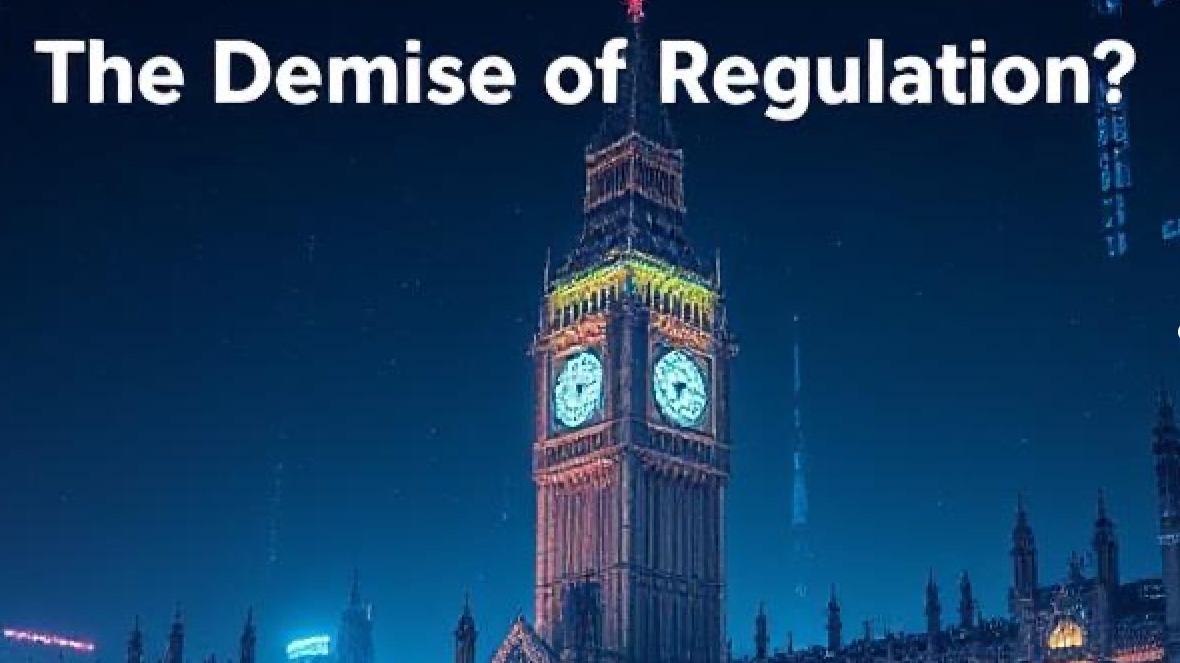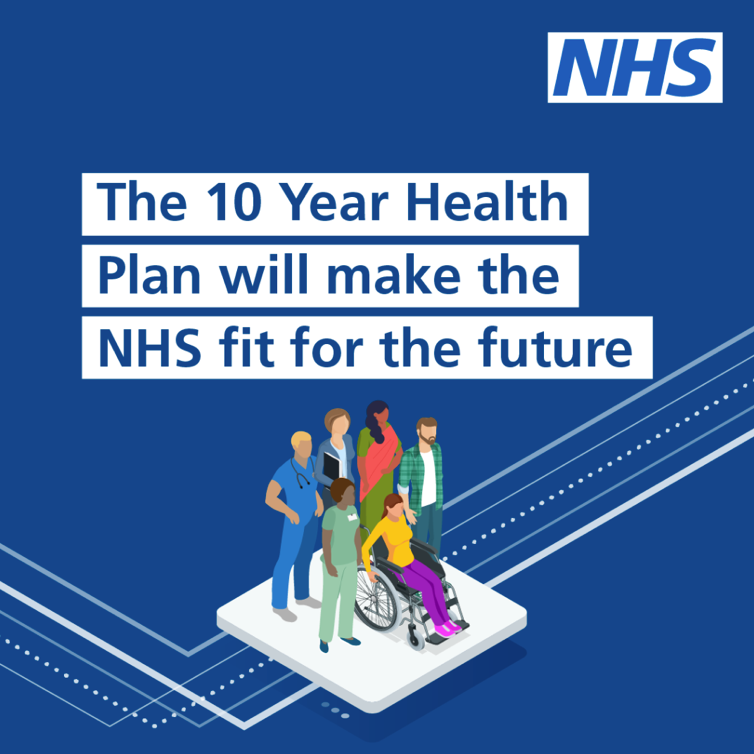

On a drizzly day in May, a rain-soaked Prime Minster rather bravely, in all senses of the word, stepped outside Downing Street to announce a general election. Reverberating to the sounds of the iconic theme tune of Labour’s 1997 landslide victory, the Prime Minister referenced the NHS only once – in terms of the “record funding” the Government has invested – before declaring that only he had “a clear plan and bold action to chart a course to a secure future”.
The Prime Minister has wrong-footed the long-held consensus within Westminster that he would ‘go long’ and wait until later this year to go to the polls. The reasoning behind such a gamble is clear, albeit slim. The Government had lightly prepared the ground with attacks on Labour’s economic competence in the preceding week, with the Chancellor delivering a riposte on Labour’s spending plans to – quite literally – the backdrop of ‘Labour’s tax rises’. And the Prime Minister visited Austria just earlier this week to tout European cooperation on illegal immigration.
The economy has shown anaemic signs of improvement, with inflation falling to 2.1%, real wages rising, a fall in unemployment, a two pence cut in national insurance rates and an economy which has edged out of a recession late last year to record growth of 0.9% by the end of 2024. The Prime Minister pitched this as “hard-earned economic stability” and pledged that only he, and the Conservatives, would restore economic prosperity.
It is, therefore, a very slim wicket on which the Prime Minister has decided to bat. Nonetheless, his attacks on Labour in the first two days of the campaign have likely signalled he intends to be aggressive and proactive in taking the fight to Labour. Some of it is tried and tested Conservative reasoning; “the only certainty with Labour is they will run out of money & raise your taxes”. Some of it is deliberate sabre rattling. The inherence of the repeated references to Russian President Vladmir Putin, and the dangers of a war on Europe’s borders, was clear: Only the Conservatives can be trusted on defence of the realm.
Despite its fleeting mention from the Prime Minister, the NHS is so central to UK politics that a vague promise to provide it with more funding, festooned across the side of a bus, helped to sway a referendum of vital national importance only eight years ago. During the 2019 election, the Conservatives had learnt the lessons of its botched 2017 campaign, when Labour had successfully introduced other issues to the campaign, including the NHS, and it spent the first months of Boris Johnson’s premiership endlessly pledging an extra £20bn for the health service and, less creditably, fifty thousand new nurses and forty new hospitals.
This effectively negated the NHS as the historically toxic election issue for the Conservatives.
During this election, though, with waiting lists at eyewatering highs, record lows of public approval in the health service, social care in crisis, prolonged waits for GP appointments and chronic staff shortages, simply promising more funding – which, the fiscal environment will not allow – or bypassing it altogether is not credible. Indeed, the Prime Minister, in his very first campaign stop, was challenged by a voter in Erewash as to why his wife has been waiting three years for a scan.
The NHS has long occupied an untouchable status in UK political life. Labour, for its part, has learned the hard lessons of four general election defeats in a row and ditched much of its orthodoxy on the NHS. The Shadow Health Secretary, Wes Streeting, has long talked of private sector involvement, use of digital services and the need for a more preventative model of healthcare. Not all of it has been popular with the party faithful. A clear plan, and bold action, are needed over the next six weeks to ensure there are no more surprises for the NHS in the years to come.




